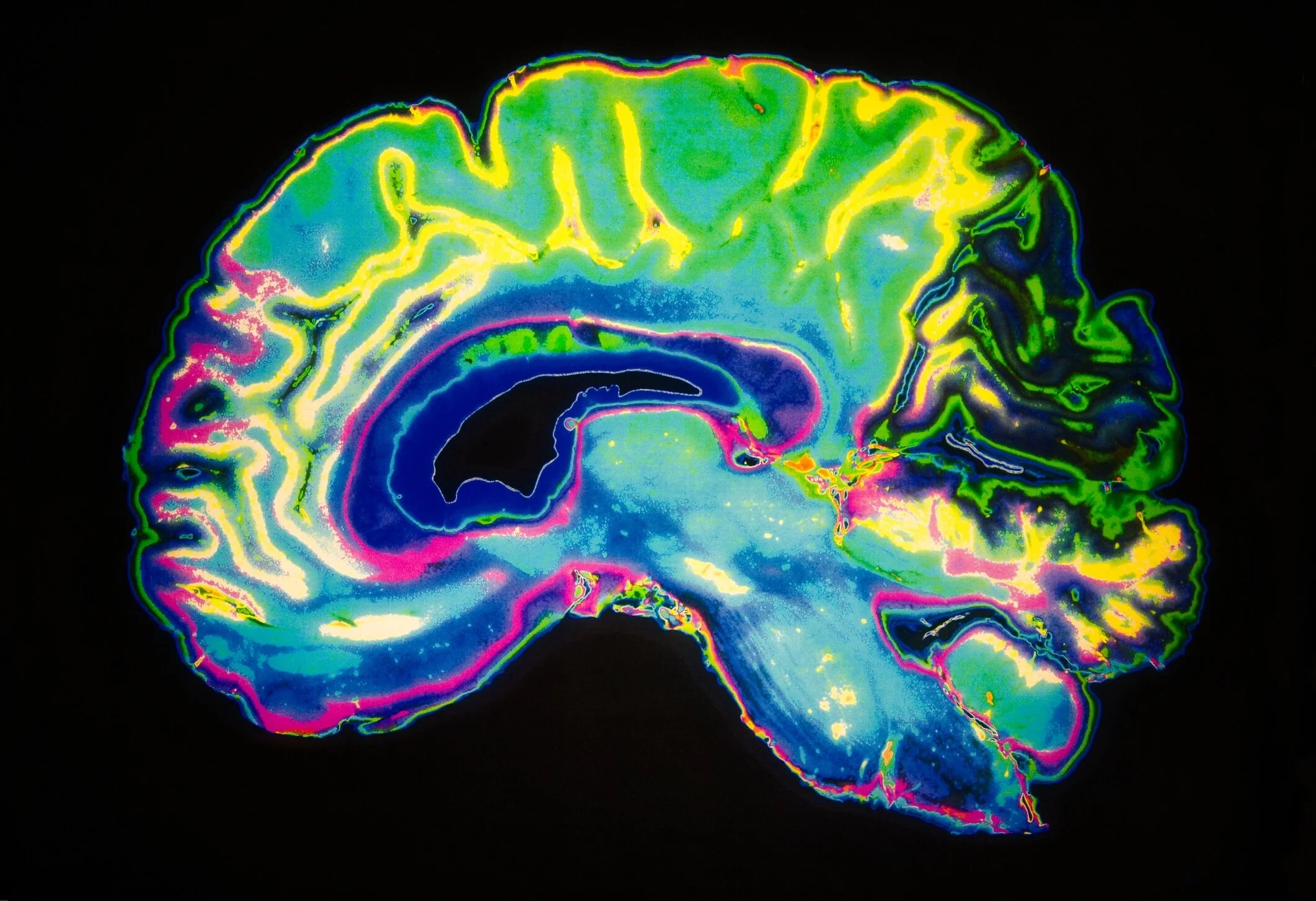Scientists discovered that having a knack for mastering languages is a better predictor of learning to code than basic numeracy or math knowledge.
Comments and suggestions are welcome! Don't hesitate and leave a comment on our comment section down below the article!
Image Credit: jacoblund via iStock
Scientists at the University of Washington discovered that having a talent for mastering languages is a better predictor for learning to code than basic numeracy or math knowledge.
Are you interested in learning to program? It might be more beneficial to exercise your language skills than mastering mathematics. That is what scientists from the University of Washington learned from their recent study of the subject. They published their results in the science journal Scientific Reports.
Learning to write code is somewhat akin to learning an additional foreign language, at least in some aspects. You acquire the capacity to understand that language's grammar and vocabulary and how they work together to convey intentions and concepts. Additionally, different cognitive functions linked to both areas, as the use of working memory and resolving problems, also play a vital part.
The research focused on a group of more than 30 adults, ranging from 18 to 35 years old, in the process of learning the popular and well-known general-purpose programming language Python. According to Chantal Prat, lead author of the study, Python was a logical choice as it follows English structures such as paragraph indentation and employs many real words instead of symbols for functions.
Scientists analyzed the subjects neurocognitive abilities while they completed a set of tests. They evaluated math skills, language skills in addition to executive capacity. It turned out that the people that mastered Python at a quicker rate, and with higher accuracy, on average had a blend of robust language abilities in addition to an excellent capacity for problem-solving
This chart demonstrates how the skills of study participants, like language aptitude and numeracy, contribute to the learning of Python. As you can see Language aptitude and cognition are better indicators than numeracy - Credit: Prat et al./Scientific Reports
In an interview, Chantal Prat stated that numerous barriers to coding, prerequisite courses that are required for entry to stereotypes of what a good programmer looks like, are centralized around the notion that programming rests strongly on mathematical skills. It turns out that this idea does not originate from the data used for this study.
It is hard to get the hang of programming, but it is getting more and more essential to find a high skill position in the job market. According to Prat, there is a lack of information on what it takes to be a good coder. We are talking about a line of work that has an enormous discrepancy between the number of women and men that are active in it. More in-depth information on the required aptitude can be beneficial to alleviate this gender gap.
Programming courses typically have requirements of advanced math to enroll in, and they are commonly taught at engineering departments, making them perceptively masculine courses. According to UW research, such conditions, reinforcing stereotypes, tend to discourage women from applying.
A valuable perspective to share is that programming also has a foundation in human language; it involves creating meaning by stringing symbols together in rule-based ways.
Sources and further reading: Relating Natural Language Aptitude to Individual Differences in Learning Programming Languages / Why are some STEM fields more gender balanced than others?
FEATURED ARTICLES:
If you enjoy our selection of content please consider following Universal-Sci on social media:




















